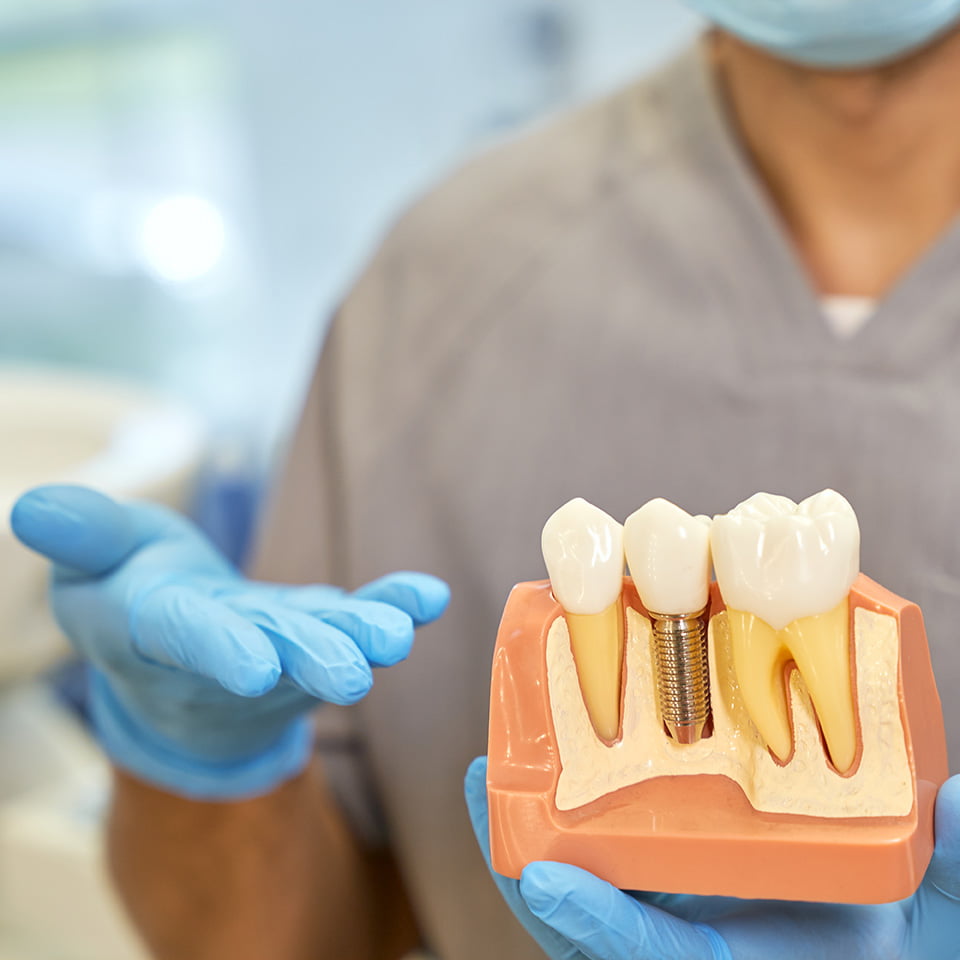
What Is The Best Way To Pay For Dental Implants?
The Financial Challenge of Dental Implants Despite their unparalleled advantages, the journey towards obtaining dental

Listen or Read Dr. Igor Kaplansky’s Podcast Interview!
Topic – Implants & Cone Beam Computed Tomography (CBCT)
Below you will find an easy to read transcript of Dr. Igor Kaplansky’s interview on the razorcast™ monthly podcast. You can click the video to listen to the podcast or simply read the easy to follow transcript below. Enjoy!
Podcast Interview:
RC: Hello everyone, this is Liz Harvey coming to you from our razorcast™ studios in New York City where we are dedicated to bringing you top quality advice from many of the leading expert professionals across the United States.
In today’s episode, we are speaking with Dr. Igor Kaplansky. Dr. Kaplansky is the founder of Dentistry by Dr. Kaplansky in Gasport, NY. He grew up in Russia and after receiving his dental degree, he was accepted into the International Dentist program at the University at Buffalo, School of Dental Medicine. He graduated Cum Laude in 1998 with a Doctor of Dental Surgery degree and continued as a resident in the Advanced General Dentistry program at Buffalo.
Since 1999, Dr. Kaplansky has been practicing family dentistry with a special interest in orthodontics and dental implants. He has been recognized with prestigious fellowship awards from the Academy of General Dentistry and the International Congress of Oral Implantologists.
Dr. Kaplansky is widely considered to be one of the top dentists in the country and he is also a contributing member of our national network of industry professionals.
Today we are going to talk about a very important topic:
Implants & Cone Beam Computed Tomography (CBCT)
RC: Hi Dr. Kaplansky, how are you today?
Dr. Igor Kaplansky: Hi Liz. Doing great.
RC: Well great, thanks for being here.
Dr. Igor Kaplansky: Thank you for having me.
Question 1: Could you please explain to us what dental implants are and why people might need them?
RC: Could you please explain to us what dental implants are and why people might need them?
Dr. Igor Kaplansky: Dental implants are a wonderful, definitive way to restore missing teeth and replace missing teeth. And we’ve had all kinds of different ways to do this in dentistry for years and since dental implants became more or less mainstream about thirty years ago, it really revolutionized dentistry and gave us tools that we never had before.
So dental implants are basically a root replacement. They replace the root and then the tooth gets built on top of them.
Question 2: What steps do you take with a patient to determine if dental implants are the best choice for them and which type they should get?
RC: And what steps do you take with a patient to determine if dental implants are the best choice for them and which type they should get?
Dr. Igor Kaplansky: Great question. We are one of the first practices in western New York that have acquired a Cone Beam Computed Tomography machine. It’s basically a 3D scan. Sort of like a medical CAT scan only on a smaller scale and that gives us a 3D view of a patient’s bone structure in the mouth. So that’s one of the main diagnostic tools that we use to plan for implant placement and then obviously clinical examination is another thing that we do very thoroughly. We assess the gum health, the bone health, the tooth health and then combine all those together and that’s how we diagnose and decide what kind of implant needs to be placed, where it can be placed, what size implant and so on.
Question 3: How is Cone Beam Computed Tomography (CBCT) used in determining the dental implant treatment plan?
RC: Alright and you mentioned a little bit about this but how is Cone Beam Computed Tomography (CBCT) used in determining the dental implant treatment plan?
Dr. Igor Kaplansky: Cone Beam Tomography gives a three-dimensional view of an area where the implants are being planned. Normal dental x-rays (your regular x-rays) are two-dimensional so it’s a flat two-dimensional image of a three dimensional structure, which the human jaw is. It’s in three-dimension. So it’s very very limited in what it can show – the regular x-ray. That’s why a three-dimensional picture is much better diagnostically. We can rotate it, we can measure it one-to-one. It has not distortion unlike regular dental x-rays – there’s always some sort of distortion in them. And that allows us for a very precise, accurate planning which in turn leads to much quicker and safer surgical procedure while placing the implant and much more predictable outcomes.
Question 4: Are dental implants safe and recommended for any age?
RC: Great. Are dental implants safe and recommended for any age?
Dr. Igor Kaplansky: Dental implants are very safe. Obviously it takes an experienced provider and surgeon to be able to safely place them and restore them. We’ve done this since 1997, so for a long time and have many, many happy satisfied patients.
As far as the age limitation there is no age limitation. It can be placed at any age. All that really matters is the amount of bone available to place the implant and that is something that gets assessed on the 3D scan that we do.
Question 5: How long do dental implants last?
RC: And how long do dental implants last?
Dr. Igor Kaplansky: Dental implants on average last about twenty-five to thirty years. Not that the implant is going to fail after that but this is probably the longest that have been reported in literature. We certainly expect them to last longer than that and we would all want them to last a lifetime and that’s what we shoot for basically.
But we’ve seen patients with dental implants that were placed in the 80’s and they’re still there and they’re still functional and healthy. What really matters is what the person does with them. How they take care of them, whether they abuse them or not. That is the main factor in the implant survival.
RC: Okay well thank you so much Dr. Kaplansky. We know you’re extremely busy and I just want to thank you for your time and help today.
Dr. Igor Kaplansky: Absolutely. Thank you for having me.
RC: And for our listeners across the country, if you are interested in speaking with Dr. Igor Kaplansky, you can either go online at www.drkaplansky.com or call (716) 772-8632 to schedule an appointment.
On behalf of our entire team at razorcast™, we want to thank you for listening and we look forward to bringing you more top quality content from our country’s leading industry professionals.

The Financial Challenge of Dental Implants Despite their unparalleled advantages, the journey towards obtaining dental

Dental implants have revolutionized the world of dentistry, offering a long-term solution for missing or

The Undeniable Necessity of Replacing Missing Teeth Beyond Cosmetic Concerns The issue of missing teeth
At Dentistry by Dr. Kaplansky, we believe that everyone deserves quality dental care, regardless of their situation. Our experienced team specializes in a variety of services such as dentures, crowns, bridges, implants, and anything else needed to ensure your smile is healthy and beautiful! Our patients are the most important thing to us. That’s why we offer the best service in Gasport, Lockport, Buffalo, and the rest of New York!
With us, you can feel at ease knowing that not only will we meet all your expectations, but we will also provide specialized care tailored to fit each individual’s needs. Additionally, our knowledgeable staff makes sure that all treatments are performed with the utmost safety and precision in order to minimize any discomfort or risks during treatment.
Call or visit our website today to book an appointment with Dentistry by Dr. Kaplansky and get the dental health you deserve!
2023 All Rights Reserved | Dentistry by Dr. Kaplansky, PLLC | Powered by Starfish Ad Age